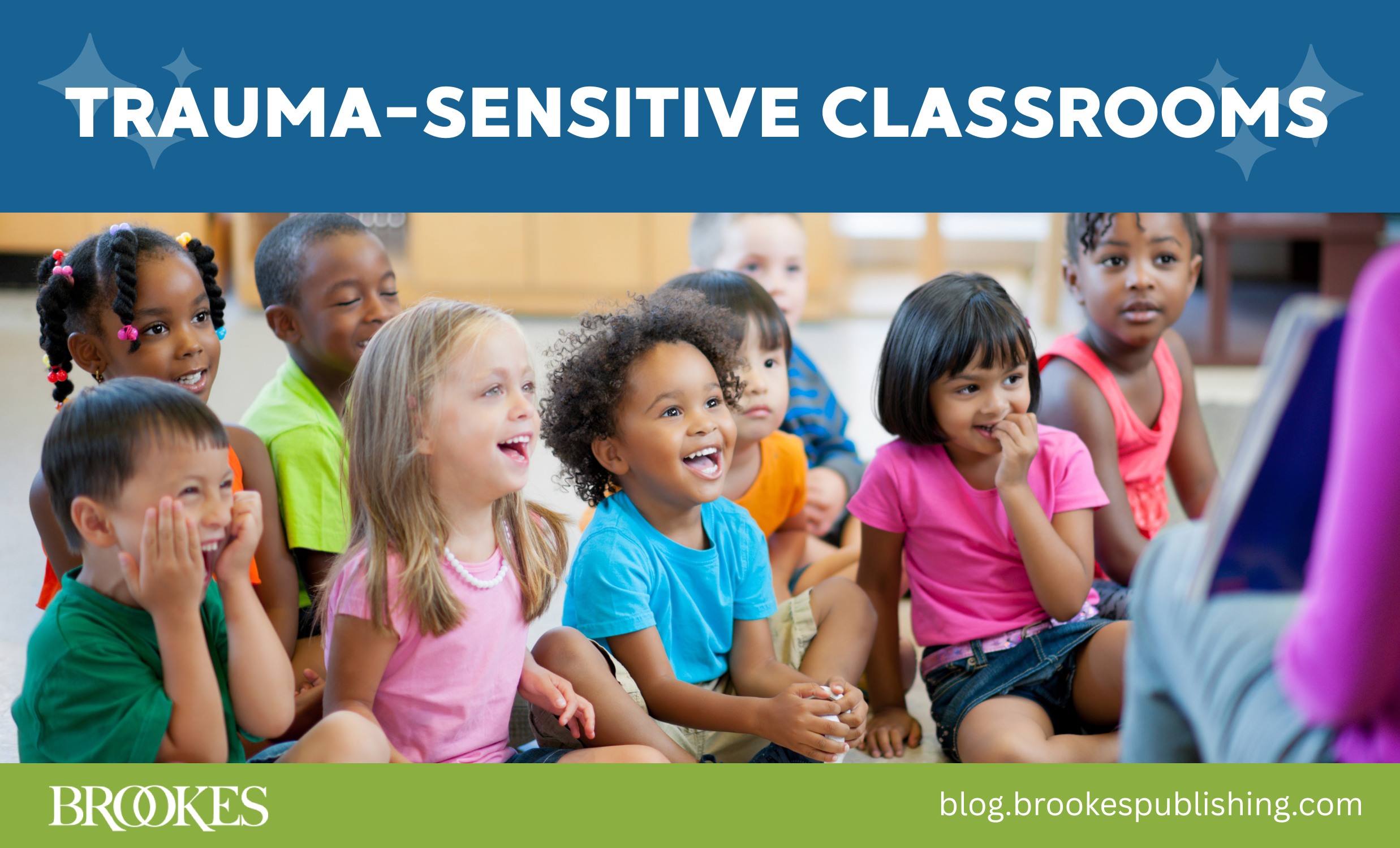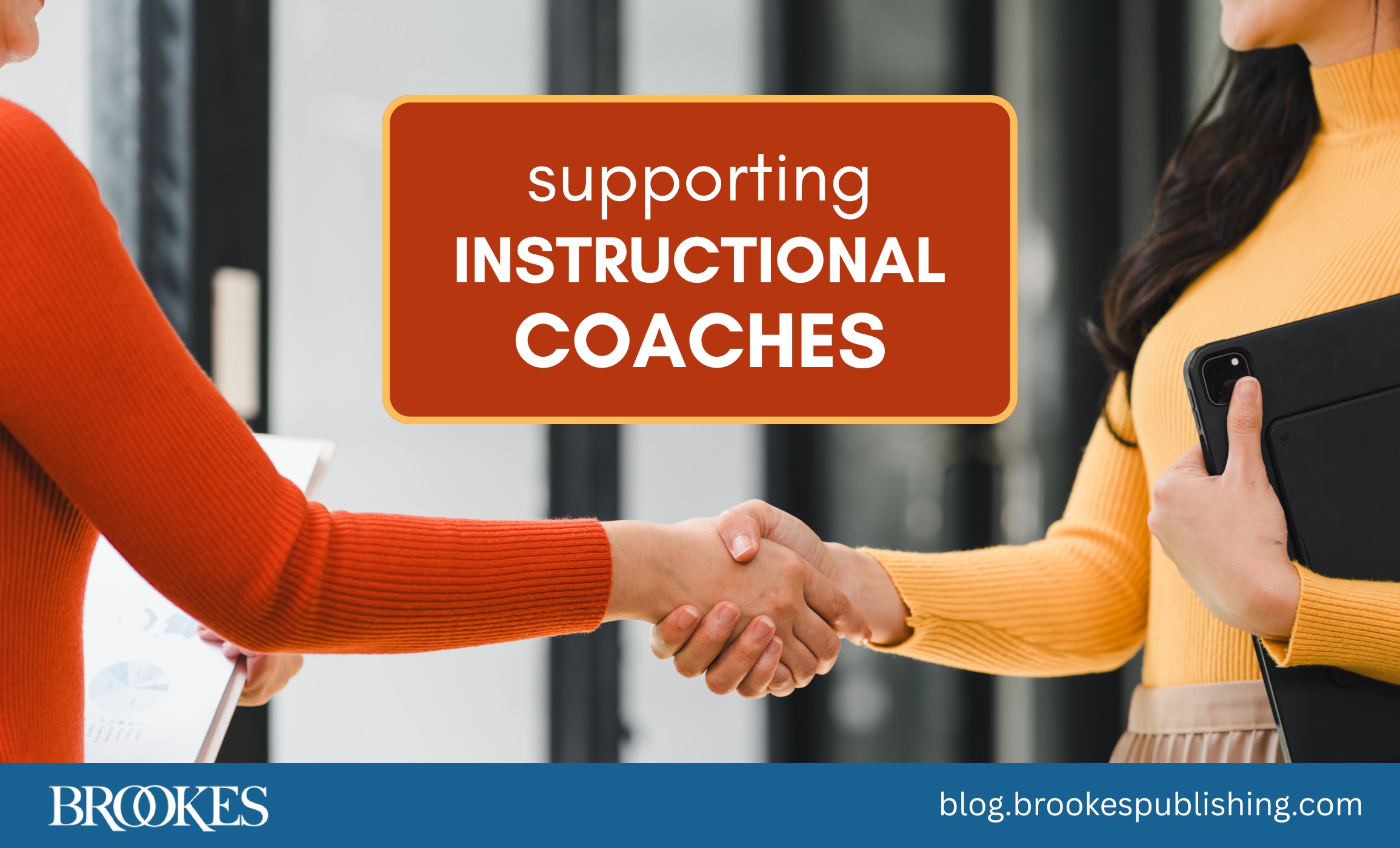What We’re Reading: 8 Must-Read Articles on Education During COVID-19
April 21, 2020
Teachers: how are you holding up these days? We see you out there on social media, grappling with the challenges of remote learning and sharing your successes and talking through problems with fellow educators. None of this is easy, but all of it is vitally important, and we’re in awe of your determination, creativity, and love for every one of your students. If you haven’t heard it yet today…

In today’s post, we’re sharing eight of the best articles we’ve read recently on teaching during the COVID-19 school closures. See if there’s something on this list that might help you solve an issue you’ve been struggling with. And if there’s any topic you need more information about, please let us know in the comments and we’ll pose the question to our experts!
Co-Teaching In An Age Of Remote Learning
“Begin by setting up a shared lesson planning document online (for teacher eyes only) so that you can both add to the creation or revision of plans.”
 School buildings may be closed, but you and your co-teaching partner can still plan together, use hands-on materials with students, conduct small-group sessions, collaborate on adaptations, support families, and more. Over on the Think Inclusive blog, Anne Beninghof & Sonya Kunkel give co-teachers some valuable tips for navigating the new world of distance learning.
School buildings may be closed, but you and your co-teaching partner can still plan together, use hands-on materials with students, conduct small-group sessions, collaborate on adaptations, support families, and more. Over on the Think Inclusive blog, Anne Beninghof & Sonya Kunkel give co-teachers some valuable tips for navigating the new world of distance learning.
How to Handle IEPs During the Coronavirus Crisis? Some Expert Advice
“Collaborate with parents, reach informal agreements, document those agreements, and then move on to ‘What can I do right now? What can we do right now for your child?’”
During school closures, how should schools handle IEPs for the 7 million children who have them nationwide? In this Education Week article, hear from three experts—a special education attorney, an attorney who represents school districts in special education disputes, and a professor with extensive experience studying special education law—who share their best advice on how to approach IEPs during this unprecedented time.
From Wi-Fi to Food Drops: How Districts Are Tackling the Big Issues Now
“It gives you a sense of how big people want to think right now about the need for historically disadvantaged families in particular to have access to Wi-Fi that allows them to get up online and learn—and not just in a crisis, but for good.”
 In this Q&A, the chief executive officer of Chiefs for Change talks about the short- and long-term effects of the COVID-19 school closures. He discusses the challenges of online learning, standout solutions he’s seen in different school districts, what kinds of support teachers need from education leaders, and what permanent changes we might see in education due to the current crisis.
In this Q&A, the chief executive officer of Chiefs for Change talks about the short- and long-term effects of the COVID-19 school closures. He discusses the challenges of online learning, standout solutions he’s seen in different school districts, what kinds of support teachers need from education leaders, and what permanent changes we might see in education due to the current crisis.
How to Prepare and Support Educators Teaching from Home
“Rolling out remote learning plans—including training educators who are not familiar with using digital tools—is hard. But school leaders must remember that there are still ways to provide teachers with professional development opportunities amid school closures.”
Schools across the country are facing the challenges of getting all teachers up to speed and on board with remote learning, despite greatly varying levels of experience and comfort with tech tools. EdTech Magazine is here to help, with some resources and strategies for preparing educators for e-learning.
Support for Kids with ADHD During the Coronavirus Crisis
“Kids with ADHD in particular benefit when parents are able to set clear expectations in advance for how long each [learning] chunk will last and what they are to do in that time period.”
 During the shift to remote learning, students with ADHD may need extra supports and structure to succeed. In this article from the Child Mind Institute, experts share 8 guidelines and strategies that parents can use to motivate their child and support their learning at home.
During the shift to remote learning, students with ADHD may need extra supports and structure to succeed. In this article from the Child Mind Institute, experts share 8 guidelines and strategies that parents can use to motivate their child and support their learning at home.
Four Core Priorities for Trauma-Informed Distance Learning
“Because trauma involves a loss of control, inflexible teaching methods can trigger some students into survival mode. Venet encouraged teachers to notice what students need and collaborate with them to find routines, resources and strategies that will best support them.”
Trauma-informed teaching practices are important for every educator to learn and embrace—and when a world event like COVID-19 changes life as we knew it, teaching with the effects of trauma in mind becomes more important than ever. In this KQED Mind/Shift article and interview, professor and consultant Alex Shevrin Venet talks about four key priorities for trauma-informed teaching in an era of remote learning. (For more tips, watch “Trauma-Sensitive Student Support During School Closures,” a free prerecorded video chat with Jen Alexander, author of Building Trauma-Sensitive Schools.)
Dear Teachers: You Are Also Essential
“Pause a moment and realize that what you’re doing matters. It matters not just for the students you have in your classes today, but also for the future. You’re part of large-scale systemic change and are making history.”
 It’s easy to feel discouraged when distance learning efforts aren’t going quite as smoothly as you hoped and no one really knows exactly when schools will be able to resume their familiar rhythm. On Understood.org, Amanda Morin shares some thoughtful words of comfort, appreciation, and inspiration for teachers living and working through this historic and challenging time.
It’s easy to feel discouraged when distance learning efforts aren’t going quite as smoothly as you hoped and no one really knows exactly when schools will be able to resume their familiar rhythm. On Understood.org, Amanda Morin shares some thoughtful words of comfort, appreciation, and inspiration for teachers living and working through this historic and challenging time.
This is What it Looks Like to Teach From Home
How have your fellow educators set up their home offices, and what do they look like? We Are Teachers asked their readers to submit photos of their virtual classrooms, and the results are in. This awesome photo tour might bring a smile to your face (especially the ones featuring furry “co-teachers”!), and some of them might give you a bright idea or two for your own workspace.
Have you read a recent article with tips or words of wisdom that you found especially helpful? Head down to the comments section to recommend your own “required reading” for educators meeting the challenges of distance learning.
KEEP READING
Remote Learning Roundup: 6 Things for Teachers to Do and Remember During School Closures
Teaching and Parenting in Troubled Times: 6 Brookes Authors Share Their Best Advice
Reassuring Connections: 4 Brookes Authors Share Tips for Supporting Stressed-Out Students
24 At-Home Learning Activities to Share with Parents of Young Children




Write a Comment
Your email address will not be published. Required fields are marked *
comments
Lindsay says
Is there anyway to print these articles via iPhone? It currently is my only Electronic resource & being Dyslexic I am a visual learner... reading through a screen isn’t easiest. Thank you!
jlillis says
Hi Lindsay--thanks for reaching out. I'm going to send this question to our web manager, who may have some insights for you. I'll comment here with any information he's able to share with me.
Thanks!
Maryann says
Thank you so much for sharing this list!
I work as a freelance writer in the academic sphere and write assignments on different topics at https://assignmentbro.com/us/assignment-writing-services and even for me, it is hard to face the new conditions, though I work online on regular bases… And as for the kids, I believe we need to help them to follow the schedule and make the study process comfortable as much as it is possible. Interesting books help to cope with dull routine.
Mary says
Thank you so much for sharing this list!
Shah Alam says
Thanks for sharing! Useful list.
Shah Alam says
Any update for the month of May'21
Bella Jackson says
Interesting article!
Post a Comment